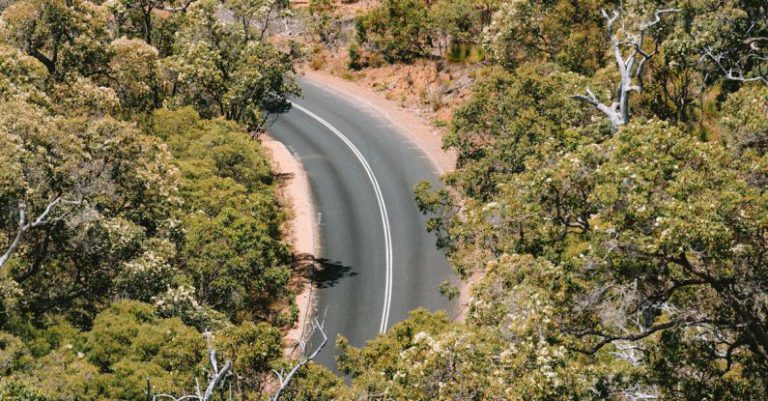
Emergencies can strike at any time, and when you find yourself in a medical emergency in the wilderness, knowing how to respond can make all the difference. Whether you are hiking, camping, or exploring remote areas, being prepared and equipped with the right knowledge can potentially save lives. Here are essential tips on what you should do in a medical emergency in the wilderness.
Assess the Situation
In any medical emergency, the first step is to assess the situation calmly and quickly. Look around you to determine what happened and the potential risks involved. Check the injured person or yourself for any visible injuries and take note of any symptoms or signs of distress. Assess the surroundings for any immediate dangers, such as wild animals or falling debris.
Call for Help
If you have cell service, call emergency services immediately. Provide your exact location, a brief description of the situation, and the number of people involved. If you are in a remote area without cell service, consider using a satellite phone or a personal locator beacon if you have one. If not, designate someone to go for help while others stay with the injured person.
Stabilize the Injured Person
While waiting for help to arrive, focus on stabilizing the injured person to prevent further harm. If there are any severe bleeding, apply pressure to the wound using a clean cloth or bandage. Keep the injured person warm and comfortable by insulating them from the ground and covering them with blankets or jackets. Encourage them to rest and avoid unnecessary movement.
Administer First Aid
If you have a first aid kit, use it to address any minor injuries or provide basic care until professional help arrives. Clean and bandage any cuts or scrapes, immobilize sprains or fractures, and provide pain relief if necessary. Remember to follow the instructions in the first aid kit and seek guidance if you are unsure about any procedures.
Stay Calm and Reassuring
In a medical emergency, it is crucial to stay calm and reassuring, both for the injured person and yourself. Panicking can lead to poor decision-making and further escalate the situation. Speak in a soothing tone, provide reassurance, and maintain a positive attitude to help keep everyone focused and composed.
Stay Hydrated and Rested
In a wilderness emergency, it is essential to stay hydrated and rested, especially if you are waiting for help to arrive. Dehydration and fatigue can worsen the situation and impair your ability to think clearly and respond effectively. Drink water regularly, eat snacks if available, and take short breaks to rest and regain energy.
Monitor the Situation
Throughout the emergency, continue to monitor the injured person’s condition and any changes in symptoms. Be prepared to adjust your actions based on the situation and seek help immediately if there are any signs of deterioration or new symptoms. Keep communication lines open with rescuers or other members of your group to provide updates and receive guidance.
Conclusion: Be Prepared for the Unexpected
In a medical emergency in the wilderness, being prepared and knowing how to respond can significantly impact the outcome. By staying calm, assessing the situation, calling for help, stabilizing the injured person, administering first aid, and staying hydrated and rested, you can effectively manage a medical emergency in the wilderness. Remember to always carry a first aid kit, communicate your plans with others, and be prepared for the unexpected. Your quick thinking and actions can make a lifesaving difference in a challenging situation.





